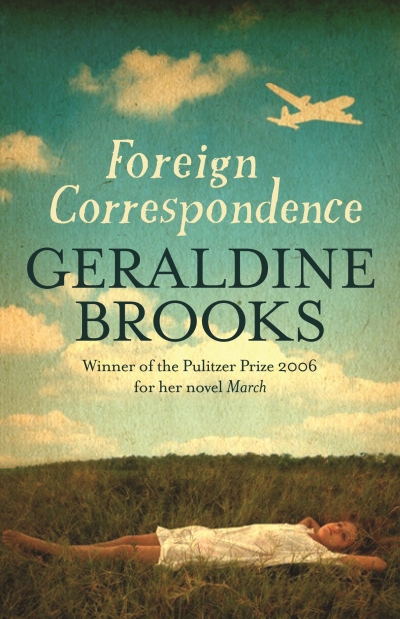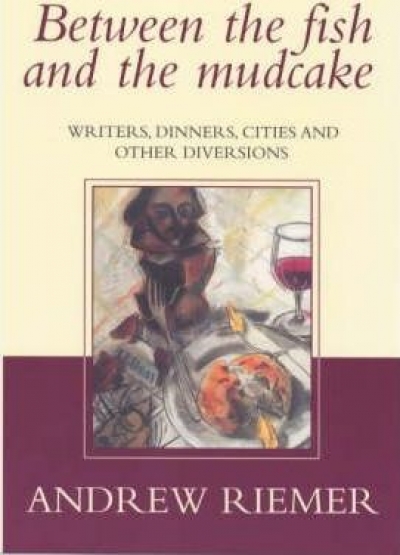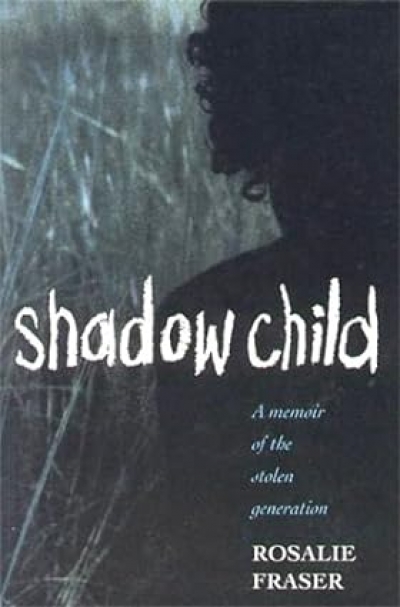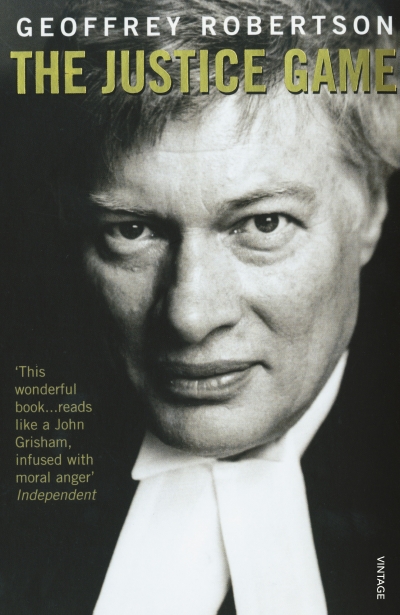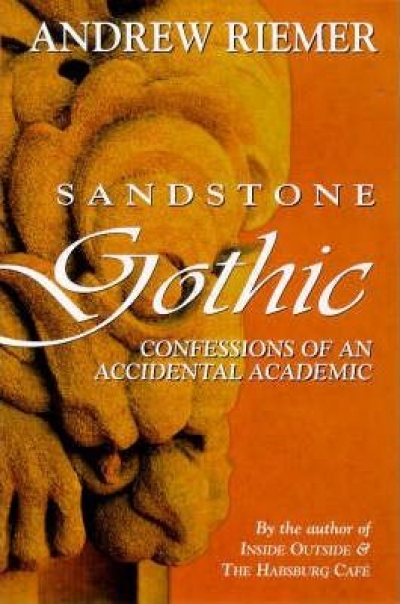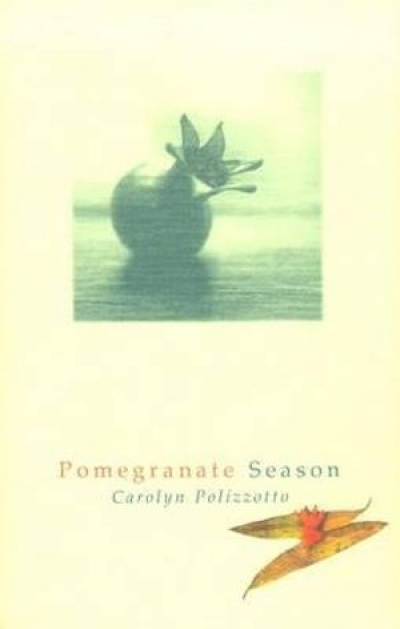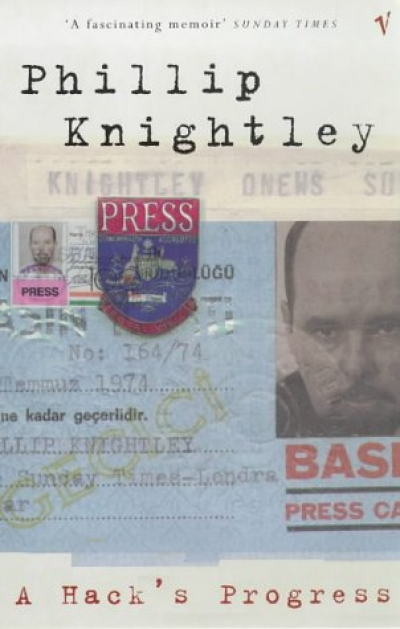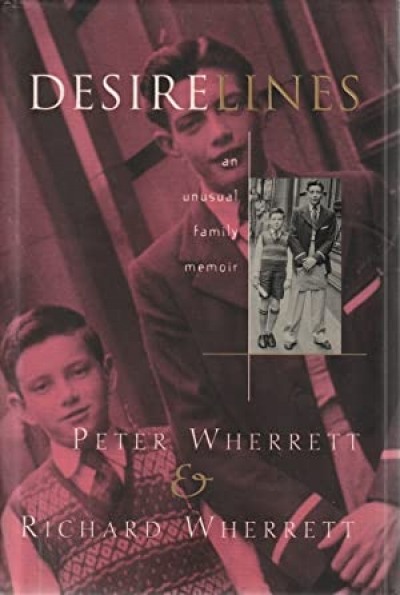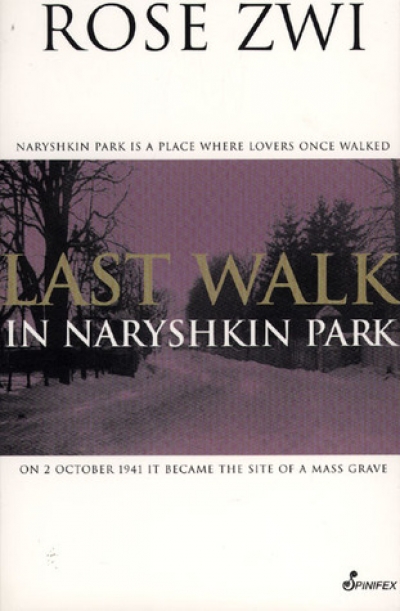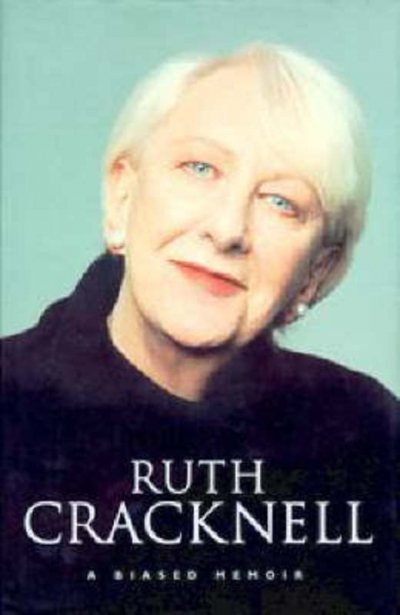Memoir
Sandstone Gothic: Confessions of an accidental academic by Andrew Riemer
by David McCooey •
Pomegranate Season by Carolyn Polizzotto & Till Apples Grow on an Orange Tree by Cassandra Pybus
by Brenda Niall •
Desirelines: An unusual family memoir by Peter Wherrett and Richard Wherrett
by Kerryn Goldsworthy •

